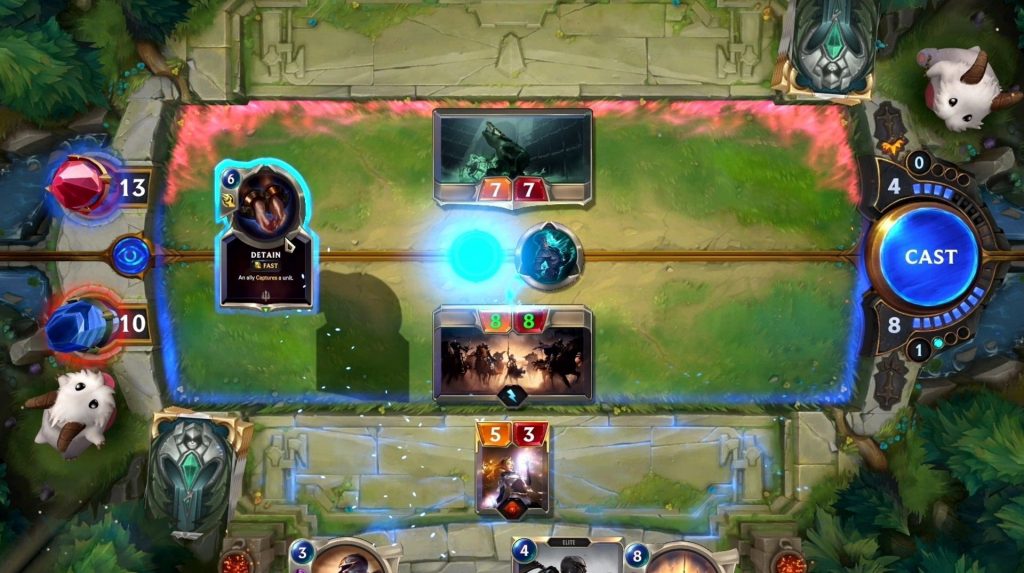
Playing games brings great satisfaction to people around the world, especially the younger population. For many, this is a great form of entertainment, especially if they can win certain prizes during the game. That is their main motivation to continue playing.
The video game industry has promoted a type of reward that is characterized by being random, mostly free but with the possibility of spending real money. These are better known as “loot boxes,” a fun feature that worries some people for its potential to lead to addictive behaviors among some users.
Many compare this “reward” with casino bonuses since it is a type of strategy that seeks to capture the attention of consumers, as explained on this website, and just like bonuses, they vary depending on how advanced the player is in the game.

Loot boxes are functions in video games that are usually accessed by playing or by paying a certain amount of money to open them. They contain “prizes” that are obtained at random so that before opening them, the player does not know what he can get. It is one of the microtransactions for which it seems as if not much money can be spent or addiction can be created. Addiction does not lie in the game itself, but in gambling.
In which games they can be found?
In popular sports series games such as FIFA or NBA2K, card packs are offered to help the player improve the gaming experience. Also in “Fortnite”, the same thing happens. The fact is that the rewards can be obtained from envelopes with characters, costumes, visual resources, and temporary bonuses that, although they may be free, the best ones must be paid. This becomes a temptation for gamers as well, who in the end end up spending more than they thought when they first bought the game.
Why do the ‘loot boxes’ concern society so much?
First of all, we must point out that many minors are heavy users of this type of video game. However, the business factor is not just the issue that worries some parents, but the way the “reward” is offered. For example, in “Star Wars Battlefront II”, iconic characters such as Darth Vader could only be unlocked after the constant use of the ´loot boxes´ that is to say, that the way in which these are posed is what induces the player to possible obsessions with the game, going from being something playful to something harmful.

The gaming industry is far from what it was 20 years ago, and parents who are not in “that world” are less likely to know what is happening now. Modern games, the most popular ones, carry hidden loot boxes, which can permanently damage children’s thinking but can also cause serious addiction, plus they can significantly damage your wallet. That’s the point, because most games require you to pay for something, but also everything, to progress in it. Simply put, it is a simple cube. Thus, your child, in the apparent security of a home surrounded by family, becomes addicted to gambling overnight.
Is it possible to regulate the loot boxes?
Yes. In fact, some European countries have already been working on this commercial policy within the digital entertainment industry for a couple of years. Countries like Belgium already have regulations to study how these loot boxes are implemented within the game, in this way the content offered is better controlled, in addition to ensuring a truly healthy experience. Thus, it is possible to take care of the player, so that he can enjoy a recreational activity.
Germany is currently investigating the current controversy in gaming around loot boxes, and based on research conducted by the University of Hamburg, it was concluded that there are elements of gambling in products that are easily accessible to underage players. The Commission for the Protection of Youth added that such games could very easily go against the laws of this country, which deal with the promotion of gambling to minors and adolescents.

Depending on how it is decided, Germany can join Belgium in banning the use of loot boxes as a means of additional monetization of video games. On the other hand, we have the United Kingdom, which has nothing against it, as well as many game rating agencies that believe that this type of reward cannot harm the player in any way.
Will loot boxes continue to be a paid feature in the future?
As mentioned earlier in this article, one of the main goals is to ensure that loot boxes do not interfere with the healthy experience of the game. In fact, there are games that already have a reputation for being classified as “pay to win”, something that runs counter to the popularity of some titles, causing potential players to become discouraged and the game to lose public trust.
So the goal is to find a harmonious solution when it comes to loot boxes. And so it remains a motivation that inspires emotions, rather than anguish or disappointment. Let us remember that the gaming industry is in an eternal struggle to finally achieve fair regulation so that more factors against it do not play in favor of this final goal.

The American ESRB was very specific and said that they do not think that the Loot system in games is gambling because players are always guaranteed to get something, even though it is basically a game of chance. They also think that things in the game generally have no real value, so they can’t fall under gambling.
On the other hand, the European PEGI was a little more open in its views and they said that it is simply not up to them to decide what gambling is and what it is not, but that the institutions and bodies that regulate gambling and laws about it must do it. When Loot boxes are officially categorized as gambling by the authorities, PEGI says it will immediately stick the appropriate labels to the games that come with Loot Boxes systems.







